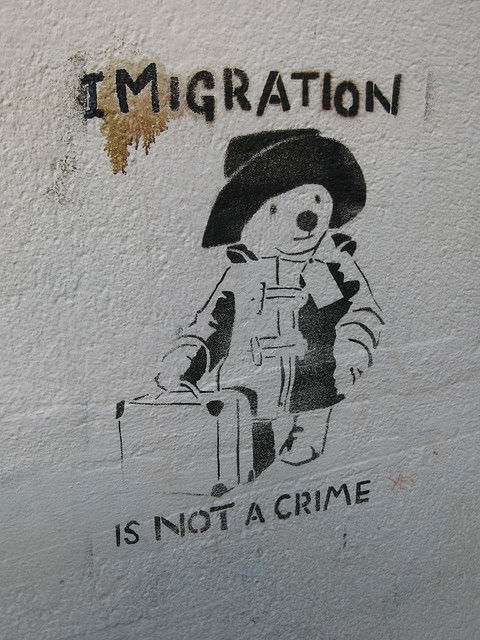Skeptical About Obamacare's Verification Systems? Be Skeptical About E-Verify

In the wake of the Obama administration's decision to delay employer reporting, health insurance status, and income verification requirements for Obamacare's state-run health exchanges, I expect we'll see a lot of Republican politicians expressing skepticism about the federal government's ability to develop and manage this sort of massive information technology project. Any such skepticism will be more than justified. But conservatives who worry about the federal government's competence in this arena should extend their skepticism to another program, one that typically gets more Republican support: the E-Verify program that the GOP wants employers to use to verify an individual's immigration status.
A voluntary version of E-Verify, which correlates a job applicant's immigration status with his or her Social Security number, already exists. Only about 7 percent of employers use it, but even still, it's the source of tremendous frustration for some individuals who are wrongly flagged as unauthorized to work. Here's what happened to Jessica St. Pierre when she was hired into a high-paying telco job in 2010—that is, until E-Verify killed her new gig. As she wrote in The Hill last month:
In November 2010, I landed what I thought would be an exciting job in the telecommunications industry. I filled out routine paperwork, and expected to get started right away.
I was shocked when the company's HR department told me that an electronic system had flagged me as unauthorized to work in the United States. I promptly went to the Social Security Office, where I was told that there was no problem. Little did I know that the error was an administrative one that involved E-Verify, a system that I—like most American workers--knew nothing about. By the time the error was corrected, it was too late – I was already out of a job.
I didn't know what E-Verify was or why it existed, but I knew my life would be changed forever. I had to figure out why my name was flagged by a government computer, while I worried about how to explain my termination to a perspective new employer. Three months later and after suffering much stress, I got a lower paying job. The computer mistakes still haunt me because I now fear it could happen again, if I ever look for another job.
It's tough to pin down the exact error rate within the program. Supporters put the number around 1 percent, but a 2006 study by the Social Security Administration's Inspector General suggests it's around 4.1 percent. A national, mandatory expansion of the program could mean that about 1 in 25 new hires—perhaps 11,000 workers per day—end up being wrongly flagged. Even at a 1 percent error rate, you're still looking at thousands of mistakes each day. And wrongly flagged individuals become embroiled in a long and time-consuming bureaucratic process. As the Cato Institute's Alex Nowrasteh told The Washington Post last month, figuring out which bit of personal information the government has gotten wrong can take months.
Just as with Obamacare, there are also costs for small business. A 2011 Bloomberg Government report found that E-Verify could cost businesses $2.6 billion a year—with the largest share hitting smaller employers. In most cases, the system responds quickly, but in some instances it can take as much as two months to get information on new hires, which means big lags in the hiring process.
The parallels here are not perfect. Obamacare's verification and reporting requirements are much more complex, and, if the delays announced last week are any indication, much more difficult to get up and running at all. But many of the basic objections are the same—that problems and errors inevitably arise when the government attempts to implement complex systems that attempt to comprehensively track and authorize large classes of individual behavior.


Show Comments (92)